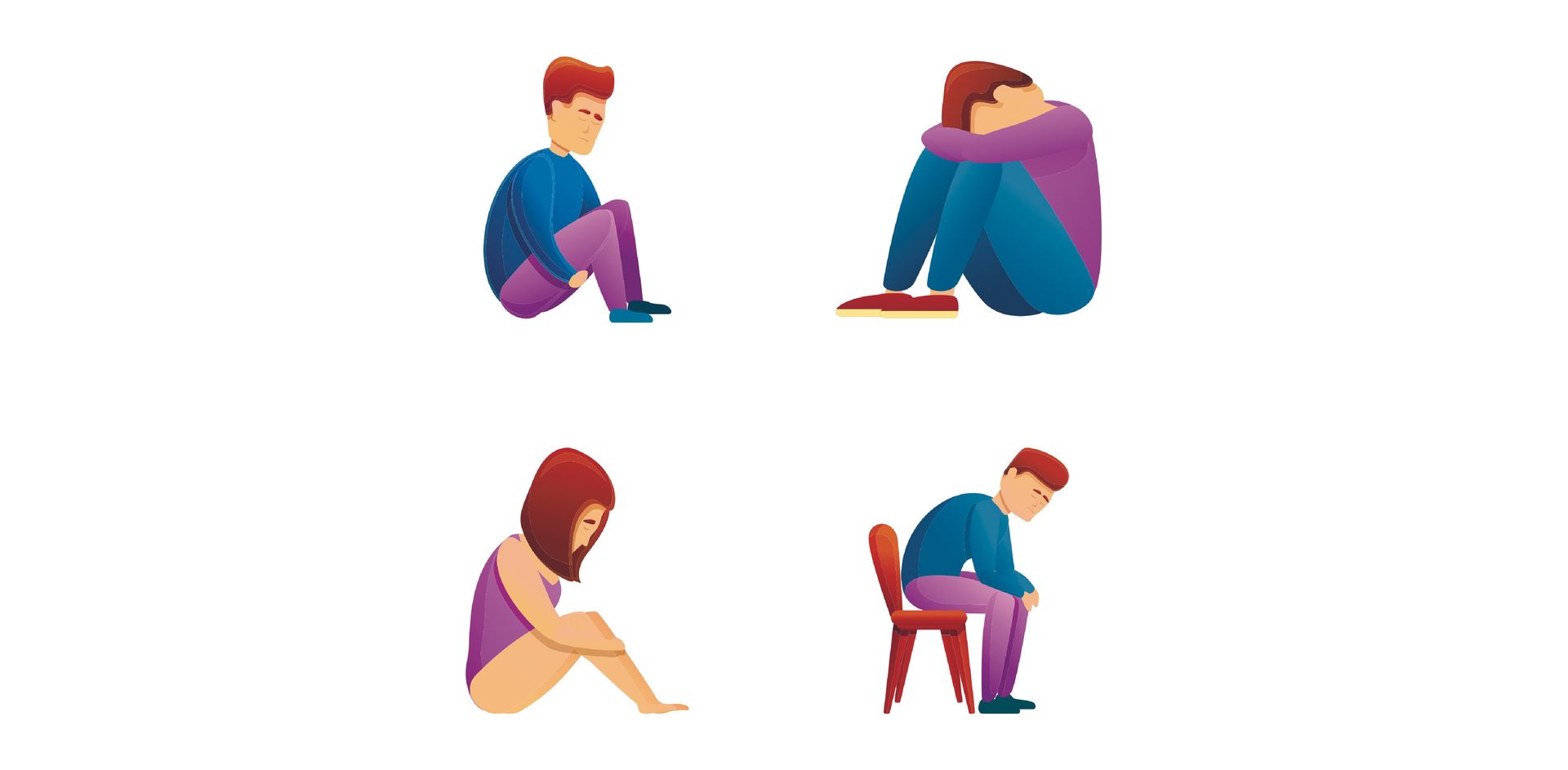Stay or go?
Stay or go?
That is the question many couples, or at least one of them, ask themselves in the course of a relationship. The Clash sing in the song of the same name: "If I stay there will be trouble - and if I go it will be double". What's the truth in that? How can you approach an answer? What can you do if the emotional merry-go-round around a decision keeps breaking out? I would like to give you a few tips and suggestions on how you can get closer to a decision.
Tip 1: Be honest with yourself.
You don't have to break up right away. But be honest with yourself if you want to make a decision for or against your relationship. Give yourself courage and say sentences like: "For now, it's just about my attitude towards this relationship. I don't have to do or say anything I don't want to. But I really want to find out how I feel about this relationship in all honesty".
Tip 2: The "Four Horsemen of the Apocalypse”
The renowned US psychologist John Gottman has studied four behavioural patterns of couples that lead to a break-up:
1. Pejorative criticism => one partner becomes personal and constantly blames or criticises the other
2. One of the partners constantly justifies his or her behaviour, goes on the counterattack or remains in the victim position.
3. One partner expresses contempt for the other, taunts, makes derogatory remarks, insults.
4. One partner stonewalls and punishes the other by not respecting them.
If there are too many of these negative interactions between you, this is a serious indication of a possible break-up. However, you may only be temporarily stuck in this negative spiral. If you are both willing to work on your partnership, then it is definitely possible!
Tip 3: Don't complain.
Make a conscious decision not to criticise your partner for a certain period of time (e.g. a week or a weekend). Refrain from "you never listen to me", "you always leave everything lying around". These generalisations like 'never' or 'always' won't get you anywhere. Because they are simply not true. Nobody NEVER listens to the other person. Or ALWAYS leaves EVERYTHING lying around. If you get out of the habit of these 'small words with a big effect', you can make a huge difference.
Tip 4: Pros and cons of my relationship
If you keep going back and forth about whether to leave or stay, get an overview by writing down the pros and cons.
For example, on the topic of 'separation' you can write down the following in your collection of arguments:
- I want to separate because .....
- I can no longer stand ___________ because.....
- I suffer in our partnership because ......
- I miss in my relationship ....
When considering whether to stay, you can formulate the following sentences, among others:
- Without __________ I would miss that .....
- I feel good when he/she is ....
- What I have always appreciated about our relationship is ......
Try to be honest and not judgmental. Sometimes new thoughts pop into your head that give you an "aha" moment.
Tip 5: Unsolvable relationship conflicts
Even with good communication in partnerships, there are points of conflict that cannot be resolved. Therefor,e ask yourself:
- Which conflicts are solvable? Which are not?
- Can you find a way to live with the unsolvable conflicts?
If you answer the latter with an unequivocal NO, the decision is made.
Tip 6: Ask yourself if it was ever good.
It is best to think back to your early days. Can you see your partner with different eyes again? What has changed that it was no longer good? What do you need to make your relationship better again? Or are you thinking that your relationship was never really good, but rather complicated and difficult? But it could just as well be that you can't see the good phases you had right now.
Tip 7: Is the relationship the problem or is it possibly you?
Sometimes you personally are not well and you blame the relationship. And you think that a break-up is the solution. This is not always the case. Are you perhaps in a phase of life where you don't enjoy your job (any more), where your children are causing you problems? Where long-simmering conflicts with your family of origin are catching up with you? Or you would like to revive a hobby, but your family situation leaves you no room for it? Do these things contribute to your negative thinking? Often we look at our relationship through negative glasses and blame it for our dissatisfaction. Take responsibility for your own thoughts.
Tip 8: Take the pressure off!
If you are tired of the eternal back and forth of your thoughts, decide not to think about separation for a certain period of time. You decide, so to speak, not to decide anything. You can try this for a month or even for half a year.
Tip 9: Is your partner the STOP sign in your life?
A couple does not always move in step, but evolves. And that is good. However, if you feel that your partner is blocking you, ask yourself:
- Does your partner make you uncomfortable with what you are doing?
- Is your partner interested in your ideas and does he/she allow you to develop?
- Do you get confirmation or do you often have to justify yourself?
Tip 10: How much feeling is left?
Ask yourself honestly whether you enjoy spending time with your partner. This honesty requires courage. It is not easy to admit that you share your life with your partner even though you no longer like him/her. But if you have the courage to admit this to yourself, you will see more clearly, even if it hurts. And that counts more than protecting yourself from painful feelings.
Tip 11: There are no wrong decisions
Surely you have often struggled with the fact that you could make the wrong decision. But you can't and there are reasons for that:
- You will never find out how the alternative would have turned out (the typical "if only I had"). You will also never know how the other decision would have turned out.
- Every decision offers a chance to enrich your life and become happier again. You can develop your relationship in a positive direction again. Or you can break up and make a new start.
Once you have made a decision, you can always reaffirm to yourself that it was the right decision. Regretting is not a good idea because you made the decision for a good reason. Make sure you like the reason for the decision, the motives that led you to it and then stand by your decision.
Ask yourself how YOU want to feel, what life YOU want to live. If you look at some of the points above, you may find that your decision was made long ago.
I would be happy to support you in overcoming individual and family challenges. Feel free to write me a message (link).










